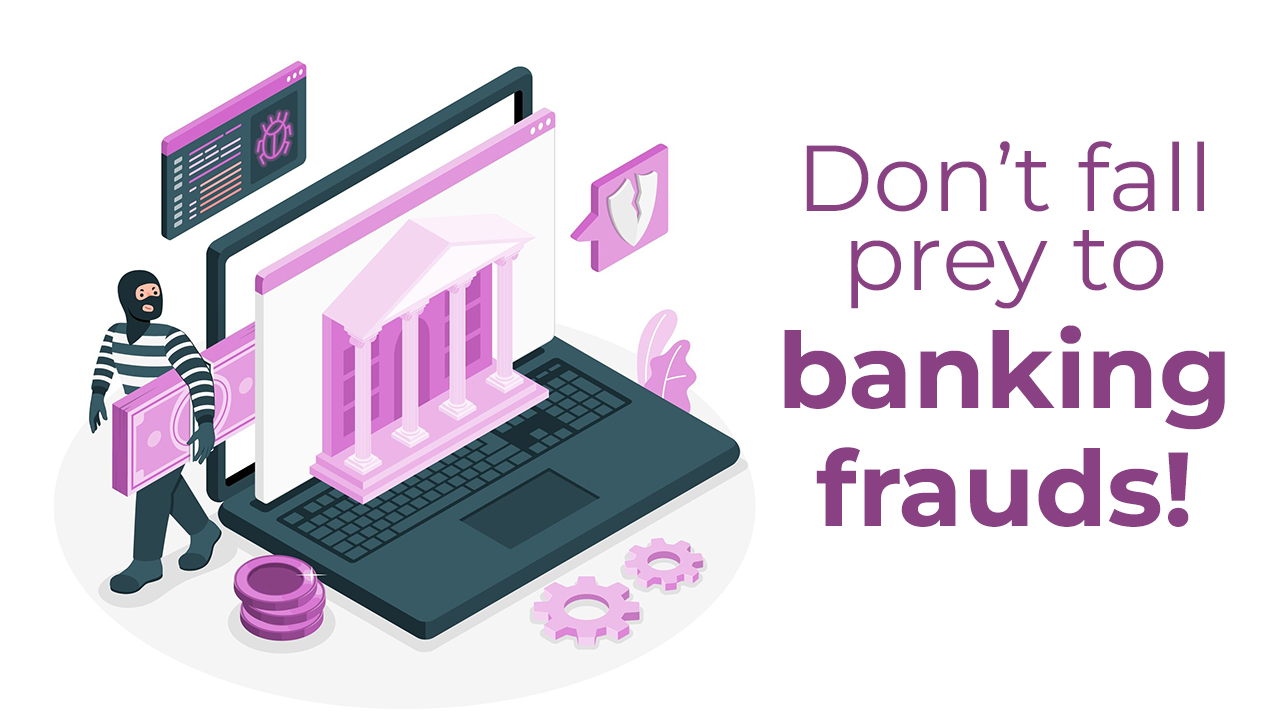RBI’s tips to prevent banking frauds: In recent years, banking frauds have risen notably. The Reserve Bank of India (RBI) has issued multiple guidelines and tips to help customers guard against scams. What measures should you take to protect yourself and your money from fraudsters?
Here are essential measures you should take to protect your money and yourself from fraudsters.
Activate instant alerts for transactions
As per an ET report, RBI has advised activating instant alerts for all banking transactions to protect yourself. Register your mobile number and email with your bank to receive alerts. SMS alerts are mandatory for registered phone numbers, while email alerts are sent for each transaction.
This keeps you informed about activity on your bank accounts, credit cards, or loans. If you receive an alert for an unauthorised transaction, promptly notify the bank to minimise financial loss. Remember, delaying informing the bank increases the risk of loss.
Safeguard sensitive information
Never share your mobile banking passwords, PIN, OTP (One Time Password), CVV (Card Verification Value), or any card details with anyone. Keeping this information confidential is vital to prevent unauthorised access to your accounts.
ALSO READ | Paytm Payments Bank update: RBI announces more steps for UPI customers using @paytm handle
Keep bank contact details handy
Banks offer round-the-clock access to customers through various channels like websites, phone banking, SMS, email, IVR, and toll-free helplines. These are available for reporting unauthorised transactions or loss/theft of payment instruments such as cards. Keep your bank’s contact details readily available, you can save them on your phone for quick access.
Procedure after reporting fraud to your bank
After informing your bank about a fraudulent transaction, request acknowledgment from the lender. The bank is required to resolve your complaint within 90 days of receiving it.
Here are essential measures you should take to protect your money and yourself from fraudsters.
Activate instant alerts for transactions
As per an ET report, RBI has advised activating instant alerts for all banking transactions to protect yourself. Register your mobile number and email with your bank to receive alerts. SMS alerts are mandatory for registered phone numbers, while email alerts are sent for each transaction.
This keeps you informed about activity on your bank accounts, credit cards, or loans. If you receive an alert for an unauthorised transaction, promptly notify the bank to minimise financial loss. Remember, delaying informing the bank increases the risk of loss.
Safeguard sensitive information
Never share your mobile banking passwords, PIN, OTP (One Time Password), CVV (Card Verification Value), or any card details with anyone. Keeping this information confidential is vital to prevent unauthorised access to your accounts.
ALSO READ | Paytm Payments Bank update: RBI announces more steps for UPI customers using @paytm handle
Keep bank contact details handy
Banks offer round-the-clock access to customers through various channels like websites, phone banking, SMS, email, IVR, and toll-free helplines. These are available for reporting unauthorised transactions or loss/theft of payment instruments such as cards. Keep your bank’s contact details readily available, you can save them on your phone for quick access.
Procedure after reporting fraud to your bank
After informing your bank about a fraudulent transaction, request acknowledgment from the lender. The bank is required to resolve your complaint within 90 days of receiving it.
Zero liability in banking scams
According to the RBI website, customers bear no loss if they haven’t shared their payment details and promptly inform the bank within three days of unauthorised transactions. The customer can enjoy zero liability in the following scenarios:
- Bank’s negligence or deficiency, regardless of whether the transaction is reported.
- Third-party breach not attributed to the bank or the customer, provided the customer notifies the bank within three working days of receiving the communication about the unauthorised transaction.
Prompt reporting is key
Delaying informing the bank about financial fraud can result in you bearing the consequences. If the responsibility for an unauthorised electronic banking transaction doesn’t lie with the bank or the customer but elsewhere in the system, and there’s a delay (of four to seven working days after receiving communication from the bank) in notifying the bank, the customer may have limited liability.
